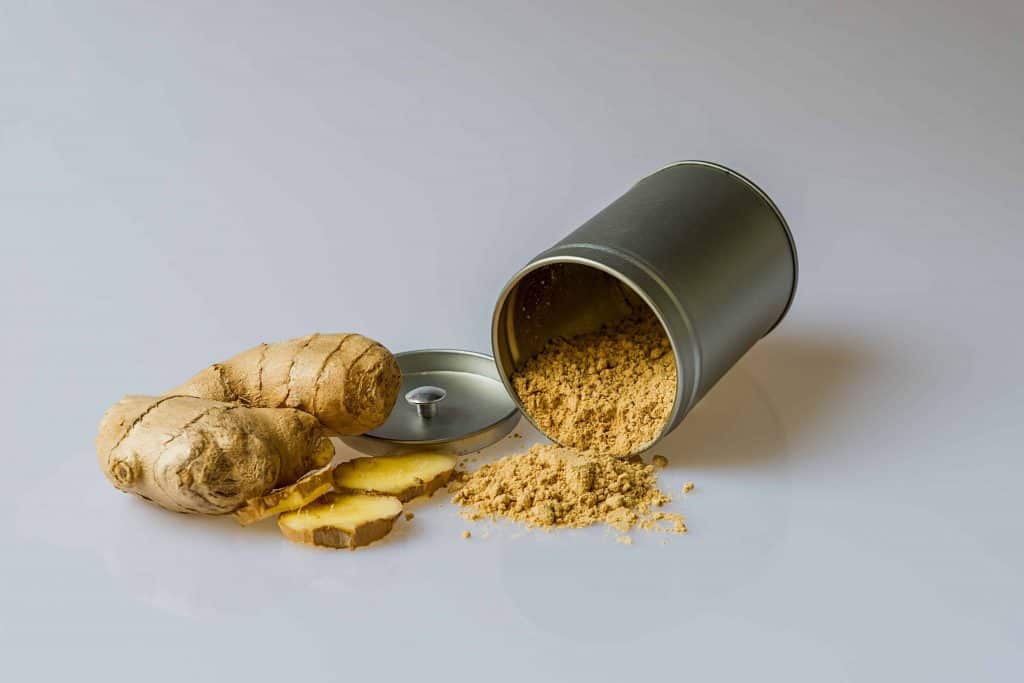Magic or Medicine?
Ginger root is a superstar among spices and herbal remedies, particularly with regards to health. There is a craze on eating fresh ginger, ginger water, effects of ginger and so on, but what is ginger?
Ginger is a perennial herb (plant which lives more than two years) and is native to south-east Asia. It comes under the Zingiberacea family (which includes turmeric as well). Since ages this awesome herb is known for its excellency in flavouring cuisines and healing properties. Especially in India and China, ginger has being used as a home remedy. There have been old age references of ginger being used as a cure to many issues.
According to Ayurveda, ginger is used in different forms – fresh and dried. In Sanskrit, one of the synonyms for Ginger is “Viswabheshaja” meaning universal cure! As the name suggests, in every Kashaya (decoction), dried ginger is used. Without ginger, decoctions are incomplete! Rhizomes are used to prepare medicines.
Let us see in which conditions ginger can be handy. From a common cold to stomach pains, ginger works miracles. Ginger helps improving taste sensation, clears excess phlegm and enhances digestive juices. Because of its useful support to the stomach and digestive system, ginger reduces bloating and acts as a detox. Ginger is also known to lower cholesterol, acting as a blood thinner preventing the clogging of blood cells. Some other recognised benefits have been reducing migraine, support wellbeing after food poisoning and fights off respiratory illnesses.
Drinking ginger tea is worthwhile to promote general health. Usage of ginger in powder can rectify dandruff issues in scalp. Furthermore, ginger juice along with honey can rectify nausea as well as sparkling up your appetite.
(Health benefits of ginger root, ginger tablet, natural health, ayurveda, herbal remedies, Ayurvedic supplements)
